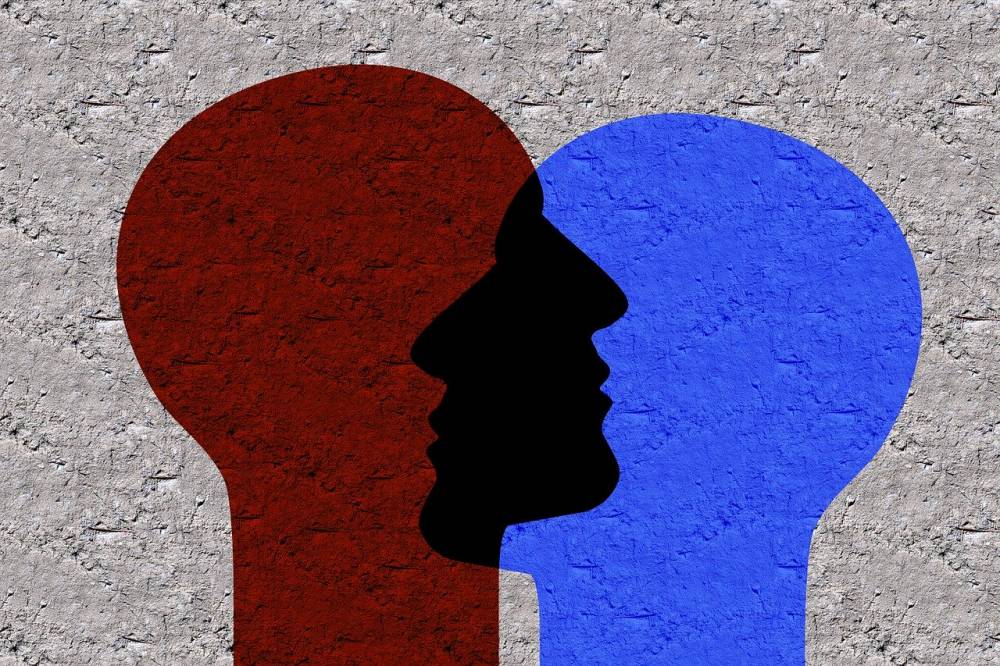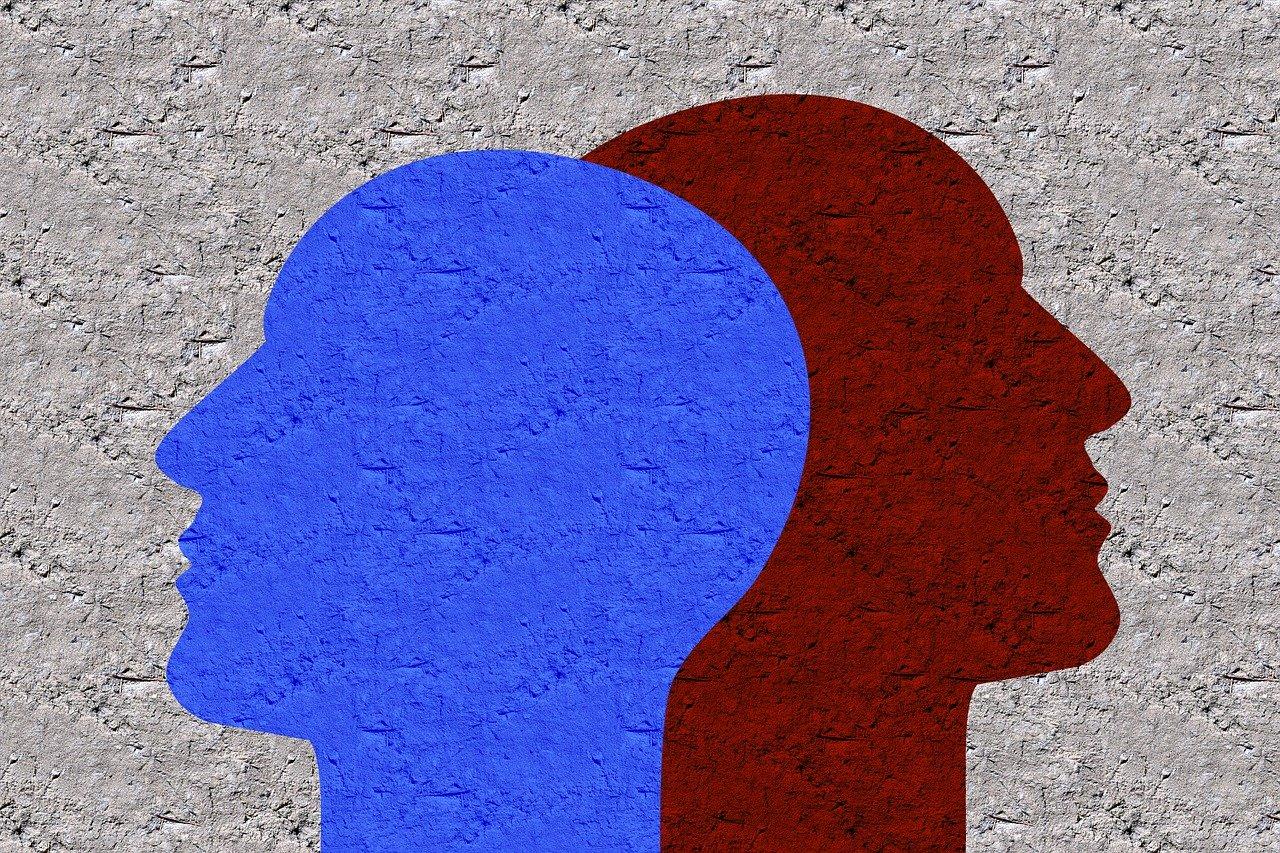
Philosophy vs Psychology: What Is The Relationship Between Them?

Philosophy and psychology are two different fields of study that are related in some ways. Psychology, like other subjects, was a branch of philosophy in the earliest days. It has been refined over the years to include the empirical method when answering specific philosophical questions. Expectedly, the two subjects still interject in many areas, which is why it is necessary that students understand their relationship.
While philosophy and psychology share common grounds, they have worlds of differences too. Philosophy introduced different topics to psychology, such as sensation, perception, intelligence, and memory. But even within the same theories, the two subjects may not come to the same conclusions. The two fields are relevant, and we have to appreciate their similarities and differences at the same time.
Philosophy and Psychology: Meaning and Origin
Philosophy is derived from two Greek words, ‘philo’ and ‘sophia'. Literally, the two words mean 'love of wisdom'. The real purpose of philosophy was to solve the problem of reality. It was the pursuit of wisdom by humans, irrespective of what their interest is. It is the mother of all other subjects but has been considerably narrowed in the modern world. At the moment, philosophy focuses more on a variety of transcendent problems like existence, knowledge, truth, morals, the mind, and more.
Psychology is also derived from two Greek words, ‘psyche’ and ‘logos’. The two words mean ‘soul’ and ‘study’, respectively. Literally, psychology means the study of the soul. To put it in simple terms, psychology is the study of the human mind and behavior. It looks at what happens to the inner person and how the events affect the way the individual acts. Psychology considers the stimuli we receive as humans and how we react to them. It tries to understand how individuals receive and interpret the pieces of information that come to them through their senses.
What Are The Similarities Between Philosophy and Psychology?

As hinted in the introductory part of this piece, philosophy and psychology share similarities. For a start, they are both important fields of human study. They both seek to solve human problems and answer certain questions about human life. It is understandable that psychology takes its general vision of the human being from philosophy.
It was also hinted earlier that psychology branched out from philosophy, like other modern subjects. They still have some topics they share in common. In fact, some of the core topics of psychology were extracted from philosophy. Philosophy and psychology still share objects of study, although they have different ways of solving their problems and may arrive at different answers.
Another important similarity between philosophy and psychology is that their core benefits are aligned. They both seek to understand the human mind and the best ways to study it. Again, the two subjects rely on similar underlying scientific research.
Differences between Philosophy and Psychology

While philosophy and psychology examine the behaviors of people, they are different in many obvious ways. From their purposes to the methodologies they employ, both disciplines are quite different. Another major area of difference is in the way they treat the question of morality. We will discuss these key areas of differences individually to make them easily understandable.
1. Purpose
Originally, philosophy encompassed all bodies of knowledge. It is regarded as the very first subject of human inquiry, dealing with the issue of existence. It creates appropriate systems or categories that serve to explain reality. The earliest philosophers are lovers of wisdom who tried to understand their existence and role in the universe about them. At the moment, its major purpose is intellectual in nature. It is holistic in nature.
Originally, the purpose of psychology was to understand the human mind better. Instead of trying to understand the whole, psychology comes down to individual variables of human behavior. Psychology can get down to specific aspects of human biology to understand behavioral patterns. It can get down to the level of individual differences to understand how individuals react to the stimuli they receive and how the individual can be helped. While philosophy has a more intellectual purpose, psychology focuses on therapy and intervention.
2. Methodologies
Philosophical methods include conceptual categories and the relationships between them. It is open to any method. Most methods of philosophical inquiry are non-empirical. In some instances, philosophy uses scientific methods to achieve some objectives.
In contrast to philosophical methods, psychological studies rely heavily on empirical methods and statistics. It involves the use of quantitative and qualitative research. It lays strong emphasis on experiments and the empirical tests of hypothesis. It is true these tests and experiments that psychological tools, like therapies, are validated.
3. Morality
The concept of morality is another key area where philosophy and psychology seem to be on entirely different lanes. While philosophy delves into everything, including what should be considered the right way of behaving, psychology doesn't go that far. While philosophers will describe what is considered right and what is considered wrong, psychology shies away from the debacle.
The objective of psychology is not to study what is right and what is wrong. It does not try to interfere with what is wrong and what is right. While Psychologists have proposed scales of ethics and morality, the purpose is not to define what is wrong and what is right, but to recognize the existence of different morals.
Final Thoughts
Philosophy and psychology are two important fields of study. They have both contributed to human development in many ways and will continue to do so. While there are similarities between the two, there are differences we can't just ignore. We have described the major relationship between the two disciplines. We hope the piece helps you one way or another.













